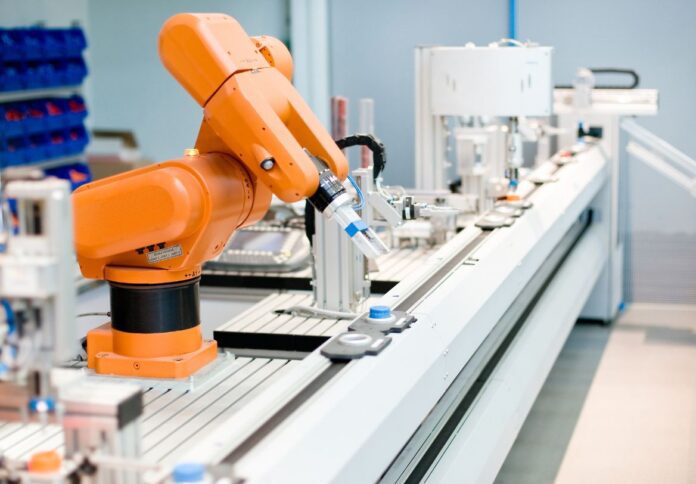
Australia’s manufacturing sector saw a mild decline in March, due to lower market demand that reduced output and inventory levels, marking the first PMI contraction since May 2020.
The Judo Bank Australia Manufacturing Purchasing Manager’s Index (PMI) stood at 49.1 in March, down from February’s 50.5, easing past the 50.0 neutral level.
The incoming new orders index saw its steepest fall since August 2021 in the first quarter of 2023, following softer underlying demand conditions and high inflation. The quarter also saw the sharpest decrease in new exports in over a year due to a weaker global demand environment.
The level of manufacturing also declined at its fastest pace since January 2022.
Warren Hogan, chief economic adviser at Judo Bank, said, “The Manufacturing PMI fell back to cyclical lows in March after some tentative signs of stabilisation over the summer months. What is now clear is that Australian manufacturing activity continues to slow down in 2023. The slowdown is gradual and consistent with a soft landing for the broader economy.”
Meanwhile, hiring activity persisted in March as firms continue to hire at a faster rate than the series average during the month, in a bid to recover from workforce shortages brought on by the pandemic.
“Labour demand remains strong with Australian manufacturers overall looking to expand staffing levels. This reflects past labour shortages and reinforces the view that the slowdown in the Australian economy in 2023 is unlikely to be accompanied by a substantial rise in unemployment,” Hogan said.
Supply constraints also eased on the back of lower demand. Suppliers’ delivery times shortened for the first time in the survey history since May 2016, attributed to both better shipping performances and reduced instances of material shortages.
Overall, Australian manufacturers remained optimistic towards their outlook over the next 12 months, but the level of business confidence was at the weakest in the survey’s history amid persisting concerns over interest and economic outlook.
“The Manufacturing PMI survey is further evidence that the stresses and strains placed on the global manufacturing complex through the pandemic are now mostly a thing of the past. This is facilitating more normal business conditions and an easing of inflation pressures,” Hogan added.




















